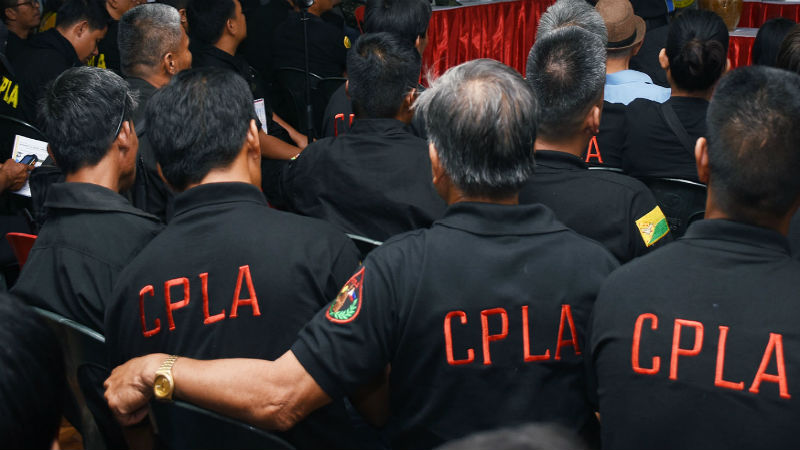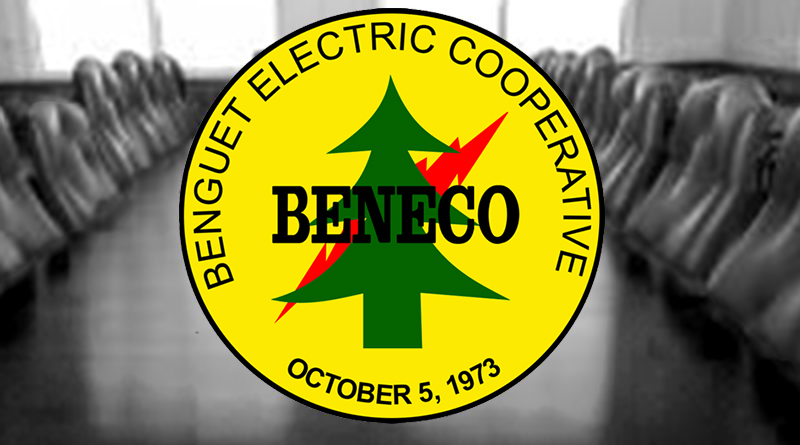BANGUED, Abra – The unified Cordillera Peoples Liberation Army (CPLA) signified its intention to become a member of the Regional Development Council (RDC) and Regional Peace and Order Council (RPOC) for them to ventilate pertinent issues and concerns that the government has not yet fulfilled pursuant to the 26-point peace agenda that paved the way for the signing of the historic Mount Data pace agreement on September 13, 1986.
Vice Governor and unified CPLA chairman Ronald Balao-as pointed out that after the de-activation of the Cordillera bodies under Executive Order (EO) No. 220, particularly the Cordillera Executive board, the Cordillera Regional Assembly (CRA) and the Cordillera Bodong Administration (CBAD), the CBA-CPLA had no more voice in the governance and attainment of development goals of the region and that it marginalized the Cordillera and disregarded the CBA-CPLA from contributing to mainstream policy-making for the region.
The CBA-CPLA commended the creation of the Regional Development Council (RDC) through Executive Order No. 30, series of 2001 issued by former President and now House Speaker Gloria Macapagal-Arroyo but the government had allegedly forgotten that the Cordillera is unlike any other region such that a generic composition of a RDC is not applicable to the unique status of the region considering that it is composed of various ethnicity with different customs and traditions wherein each tribe has its own form of political system.
He suggested to effectively craft economic and social development policies applicable to the region, the different indigenous attributes must not only be considered but it must also be incorporated in the bureaucracy, thus, the CBA-CPLA must be included in the RDC and RPOC as a member for an all-inclusive economic growth and social development regionwide and that all-inclusive policies must be crafted by an all-inclusive body.
The CBA-CPLA is a group that has been a long-time advocate and forerunner of autonomy, peace, economic progress and social development in the region.
On the other hand, Balao-as argued that the RPOC being the primary body that deals with issues affecting peace and order in the region must incorporate institutions or stakeholders in its policy-making processes, thus, it would be a good practice for the RPOC to consult the CBA-CPLA in addressing peace and order scenarios in the region considering that no other group or individuals can better comprehend peace and order scenarios than the peace builders, peacekeepers and peace guarantors of the Cordillera than the CBA-CPLA.
According to him, it was the CBA-CPLA that fought for peace, shed blood for peace and kept the peace in the region over the past several decades and to sum it up, the inclusion of the group in policy-making bodies will make both the RDC and RPOC a truly consultative and participatory body.
Balao-as asserted that the unified CBA-CPLA does not support the request of self-aggrandizing individuals or groups in the region calling for the reactivation of the de-activated CAR bodies and that their stand must be viewed in the context that the bodies are no longer significant in the present time, their functions will only duplicate the duties and responsibilities of existing governmental structures and much of their tasks, if not all, were already lodged in the RDC.
By HENT













